

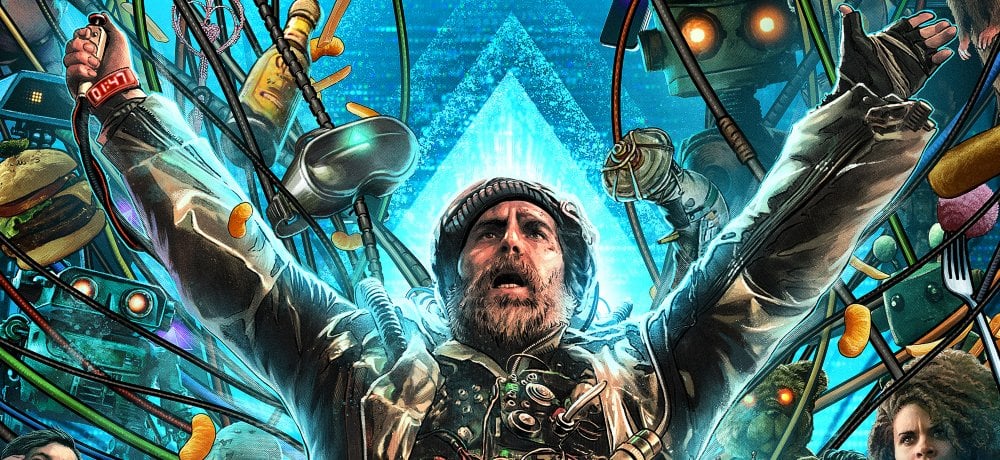
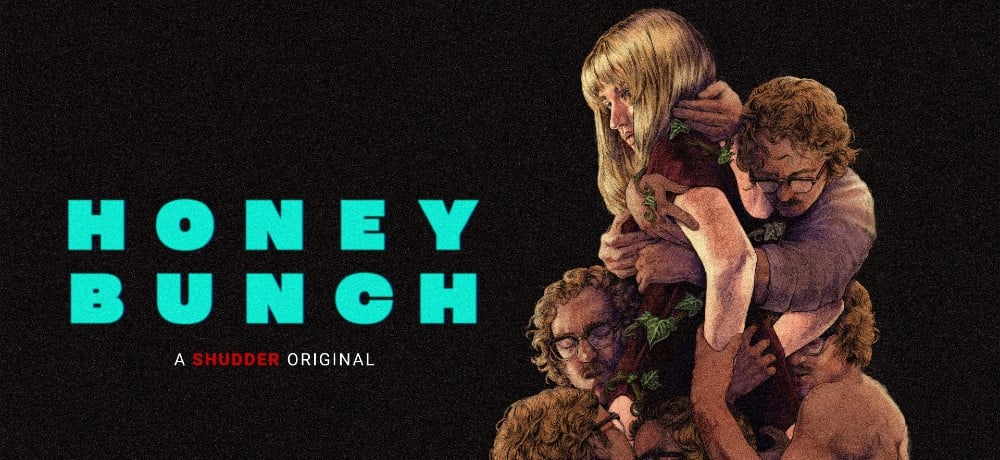
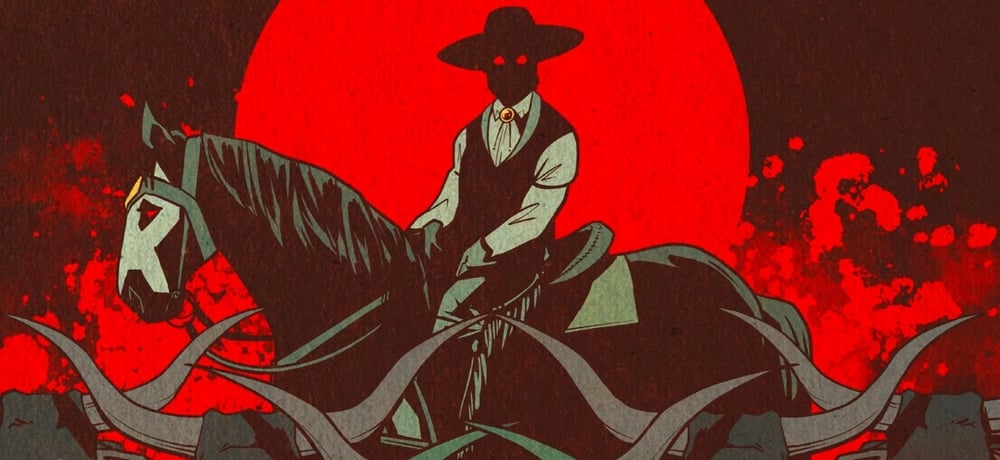
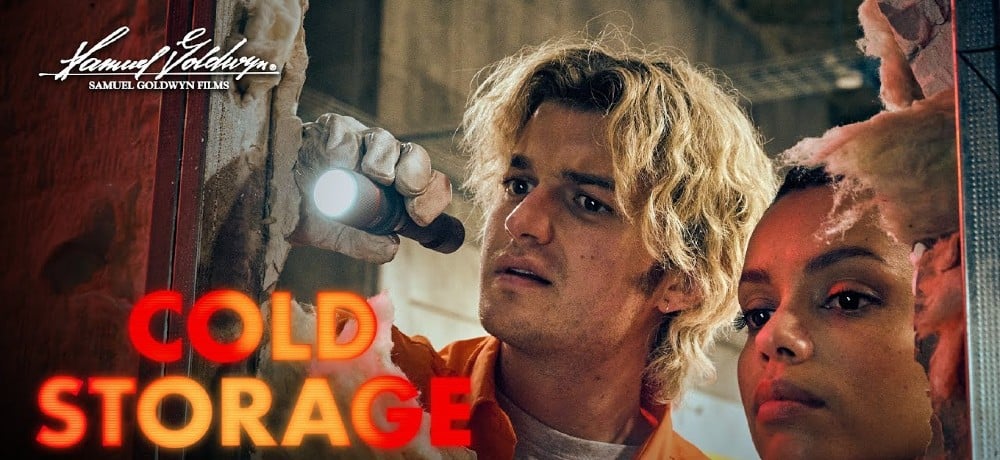
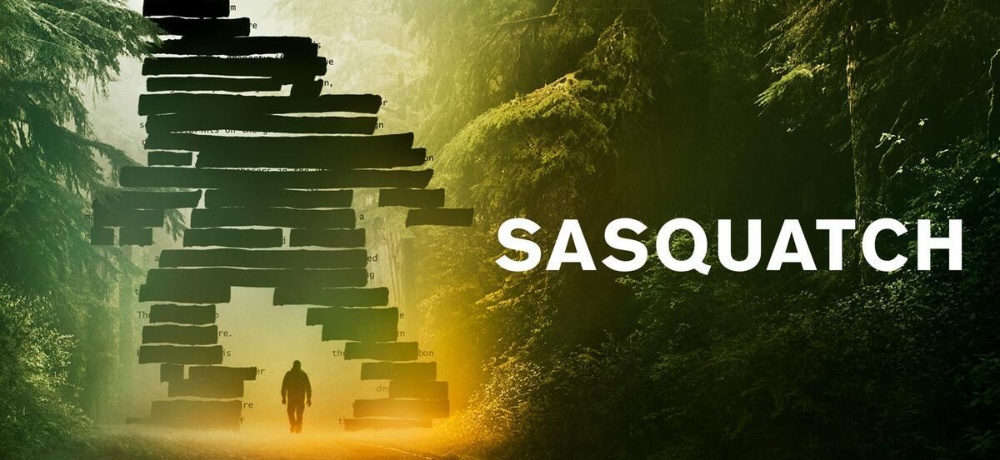
When I first sat down to watch Joshua Rofé’s three-episode series entitled Sasquatch last month, I thought I knew what I was in for, but I couldn’t have been more wrong. What starts off as a possibly quirky story about a Bigfoot creature that attacked some weed farmers up in Northern California quickly evolved into something far more shocking that I could have ever imagined, and I was wholly riveted throughout the project from start to finish.
That being said, this writer was thrilled to catch up with Rofé to talk about Sasquatch, and he discussed how the project first came about because of a podcast, how integral journalist David Holthouse was to the success of Sasquatch, the danger they all faced—David, in particular—throughout the making of the documentary and more.
Sasquatch premieres tomorrow, April 20th, exclusively on Hulu (and trust me, it is well worth your time).
This documentary was such an unbelievable journey. I'm so in awe of what you’ve created with Sasquatch. I invited my boyfriend to watch it with me, because he loves Sasquatch stuff. And so we're watching it, everything is great, but then it just takes this turn, and we both were like, "Oh my God, what is this?" It totally blew us both away.
Joshua Rofé: Oh, I have chills hearing this, honestly, because it was so hard to make this. And at a certain point, you know that you and the people you made it with love it and are proud of it, but you think, "God, is this too weird?" because it's not status quo the way it all shakes out. So there is a part of me that was like, “All right, everybody might be just not into this and it's a bit too esoteric or whatever, but that's okay.” So to hear a response like that is so nice.
Well, you're very welcome. I would love to hear about how this came together. Did David approach you or was it vice versa?
Joshua Rofé: It has a very clear timeline, actually. So I was having dinner with a very good friend of mine. His name's Zach Cregger, he's one of the EPs on the show. And we were basically saying good night and parting ways after the meal. He said, "Oh, one more thing. There's a podcast that I think you could listen to that I love. You're either going to love it or think I'm crazy for loving it. It's called Sasquatch Chronicles." And immediately I had no interest, but he told me a little more about it. He said, "Listen, every episode is a person calling up with their Sasquatch encounter story. Just listen to one episode."
I'm not a creature feature person. I'm not a sci-fi person, so I didn't think I was going to be into it. I listened to one episode the next day, and then, by four days later, I had listened to 11 episodes. And regardless of whether or not, for me, I believe the details of their stories, what I was totally taken by and was not expecting was that there was a thread of visceral fear that went through all of these stories. Everybody sounded terrified. I was so struck by that. For the next few days, it was like I had this secret thought of, “God, I'm going to make a Sasquatch something. I don't know what it is. I don't know if the people I work with are going to think that that's absurd,” because my background is definitely more in social issue docs, really.
I was in the midst of making a series called Lorena, which was really the recontextualizing of Lorena Bobbitt's story, and I just started thinking about this, and I didn't know if it was going to be scripted or what, and then I just got this idea where I thought if I could ground it in something, like a murder mystery that is somehow wrapped up in a Sasquatch story, that would be something really, really compelling. I have been working with David for a few years and we were working on Lorena actually at the time. And it was a Tuesday night, February 2018, when I sent him a text and I just said, “Listen, this is the craziest text I'm going to send you for the next five years. I would love to find a murder mystery that is somehow wrapped up in a Sasquatch story and see if there's anything to pursue in terms of a project.” He texted me right back and he said, “I love it. I got one. I'll call you in five.”
He then proceeds to tell me about this time when he was in his early twenties in 1993, and he was essentially an aspiring Hunter S. Thompson young gonzo journalist burning it at both ends, learning very quickly that that has its drawbacks and he needed to unplug and he needed to get away. A friend of his who was working on a cannabis farm in Northern California said, “Why don't you just come out here, take a week? You know, smoke some weed in the forest, take some mushrooms, and you will go home refreshed.” He shows up there and you can cut through the tension with a knife. It was the opposite of what would be considered a chill vibe, which is what he was looking for. Everybody was on edge and they were setting up booby traps around the perimeter of the cannabis farm. And there were whispers of violent Sasquatch in the area. And his thought was just like, "What the hell? What is this place? And what have I gotten myself into?"
Cut to a couple of nights later, he's in the A-frame cabin owned by the owner of the farm, and they're just passing a joint around watching Monday Night Football and the phone rings. Owner gets a call, then 15, 20 minutes later, some guys show up and they're totally freaked out. They're essentially relaying this story that there were guys further up the mountain who were torn limb from limb, and they were murdered by a Sasquatch. So, the second he told me that story, of course, I was completely blown away and it was all I could think about. I knew that's what I wanted to try and make after Lorena.
Because this process hinges on David being able to put the pieces of this puzzle together, after all this time, what was that process like for you then, as you're watching everything unfold?
Joshua Rofé: It was scary, honestly. Every time you make a doc, there are things that are incredibly compelling that just don't make it in for one reason or another. It could be that it's a detour in the story that you realize isn't worth taking, because you have so much else you have to deal with. It could be legal reasons. It could be people's safety. It could be a million different things. But this is a doc where the dangerous stuff really happened for the most part, one way or another with David documenting it. Whether it was a hidden camera, whether it was voice memos or whatever it was, things seemed to occur that were terrifying. And in some recorded fashion, one way or another, we ended up with some just really terrifying moments that David experienced firsthand, where he was able to capture them.
Like the time where he's going to go meet with five people where they're going to take him to a group dinner at some weird place in the middle of nowhere. We were supposed to meet to shoot the next morning, let's say 8:00 AM, and I'm just sitting awake in the hotel room, waiting for him to text me that he's out and that he's safe. And then at 2:30 in the morning, that text comes and he says he's good. But David is just fearless and rabid, but also, a subtle investigator. He has a way about him that is very nuanced and very subtle. But at the same time, he's relentless. So little by little, over the period of about a year and a half, he pieced this thing together as much as is shown in the series.
At what point in this process did you realize, "Oh my God, I think we're into something that's way deeper than we possibly could have imagined"? And did you ever feel like you yourself could potentially be in harm's way as well?
Joshua Rofé: We all felt in danger when we were up there filming because there was this overriding sense that we felt like we could not overstay our welcome. And inevitably we always felt like we overstayed our welcome. So, we realized that this was in a way more than we had bargained for very early on. And the truth is, it's why you have to have a screw loose in the first place as a filmmaker, because that process was so thrilling to us. The second you get a taste of that and you realize there is so much more to this story than we could have even imagined, it keeps you going. The kernel of it was already something that we were so excited about and we were pumped to just push this thing as far as we could.